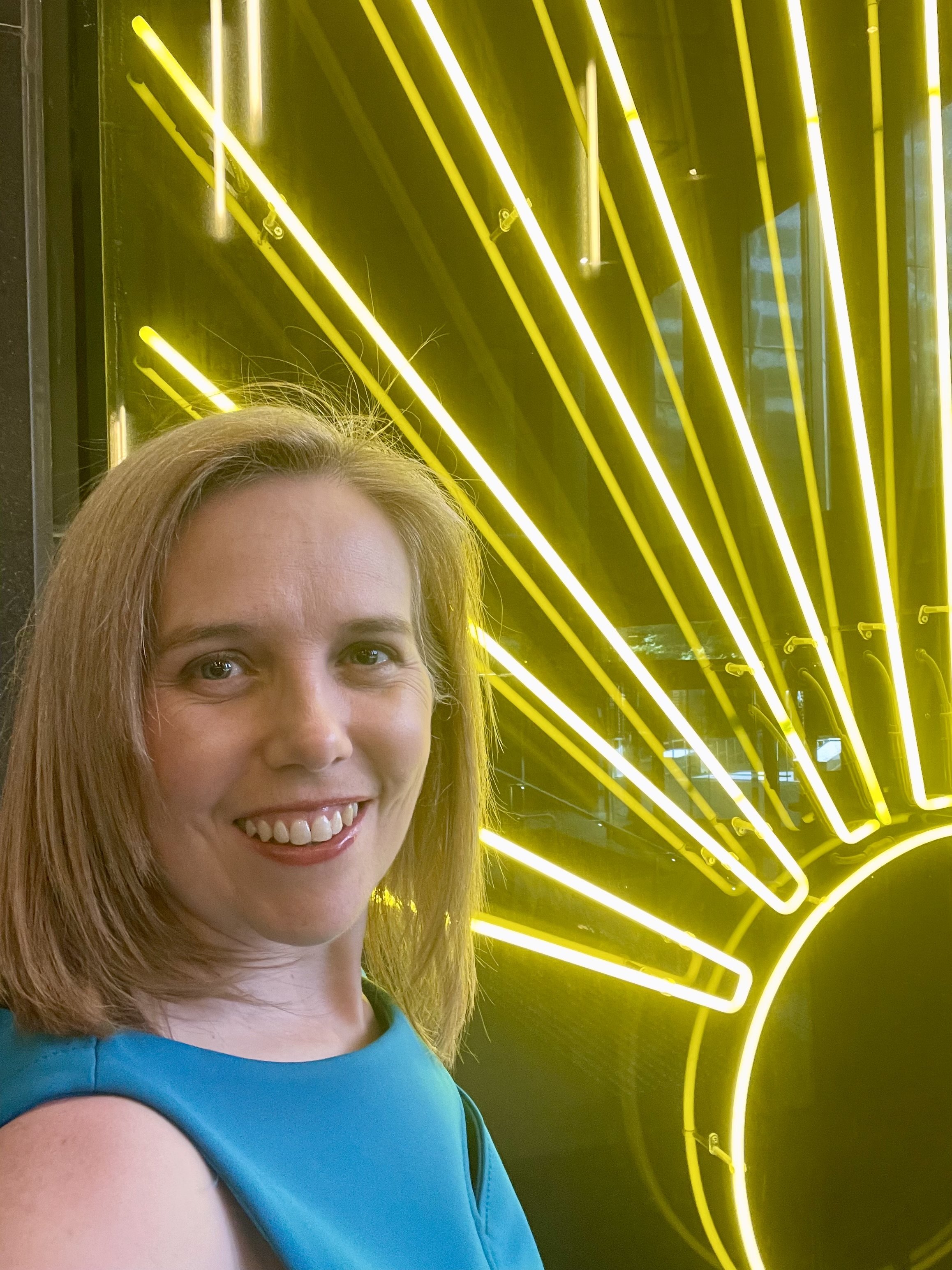Want a Smarter Team? Harness the Power of Collective Genius
Why Big Wins Happen When Everyone Contributes
“None of us is as smart as all of us.”
Last weekend, I was staying in a house with friends, enjoying a well-earned break. On Saturday morning, we decided to make scrambled eggs. Simple, right? That was until we tried to turn on the stove.
This stove was unlike anything any of us had used before. Each of us approached the problem differently. One friend searched for a manual. Another checked the power source. Someone else played with the settings. Each attempt came up short—but every effort got us closer.
Finally, the last person cracked the mystery: this particular stove needed a pot that was made of a particular metal and that matched the exact size of the burner.
Once we figured that out and found the right pan, the stove worked, and breakfast was saved.
The Power of Collective Problem-Solving
This moment perfectly illustrates how teams tackle complex challenges. No single person had the answer outright, but by combining perspectives, experimenting, and refining our approach, we found the solution.
This is the essence of adaptive stability—staying composed, learning as you go, and adjusting in real-time. The most effective teams embrace this mindset, blending diverse insights with a willingness to test, fail, and refine.
And this isn’t just a handy trick in the kitchen—it’s a principle that underpins history’s greatest breakthroughs.
The Apollo 13 Mission
When an oxygen tank exploded on Apollo 13, the mission teetered on the edge of disaster. The crew needed a way to remove carbon dioxide from the spacecraft, but they had to work with only the materials on board. Back on Earth, NASA engineers faced a seemingly impossible task.
No single person had the answer. But together, they pieced together a filtration system using their collective expertise—materials, airflow, engineering constraints—all coming into play.
The result? A life-saving solution. Apollo 13’s crew made it home safely because of this kind of collaborative problem-solving under pressure.
Diverse Teams and Innovation
Studies confirm what experience tells us—diverse teams solve complex problems more effectively than homogeneous ones. Research from Harvard Business Review found that teams with cognitive diversity solve problems faster and generate more innovative solutions.
Different perspectives challenge assumptions, introduce fresh ideas, and drive breakthroughs that no one individual could achieve alone.
How Leaders Can Foster Collective Problem-Solving
For leaders, the challenge is building an environment where every team member feels confident contributing their expertise.
Here’s how:
Encourage experimentation – Create a culture where trying new approaches is safe, even if they don’t immediately succeed.
Value all contributions – Recognise that even unsuccessful attempts generate knowledge and bring the team closer to success.
Foster diverse thinking – Ensure your team includes people with varied backgrounds, skills, and perspectives to fuel innovation.
Ask yourself:
How do I encourage my team to experiment and bring different problem-solving approaches to the table?
Am I actively creating an environment where all voices are valued and heard?
How can I better leverage the diverse expertise within my team to drive stronger solutions?
Great leaders understand that collective intelligence leads to stronger outcomes. Whether navigating a technical crisis or figuring out a stubborn stove, the key to success lies in tapping into the power of diverse thinking.
When we combine our insights, we don’t just solve problems—we create something greater than the sum of its parts.
What’s one challenge you’re facing right now that could benefit from collective problem-solving?

